Luxury Car Brands In China: The Challenges Faced By BMW, Porsche, And Others
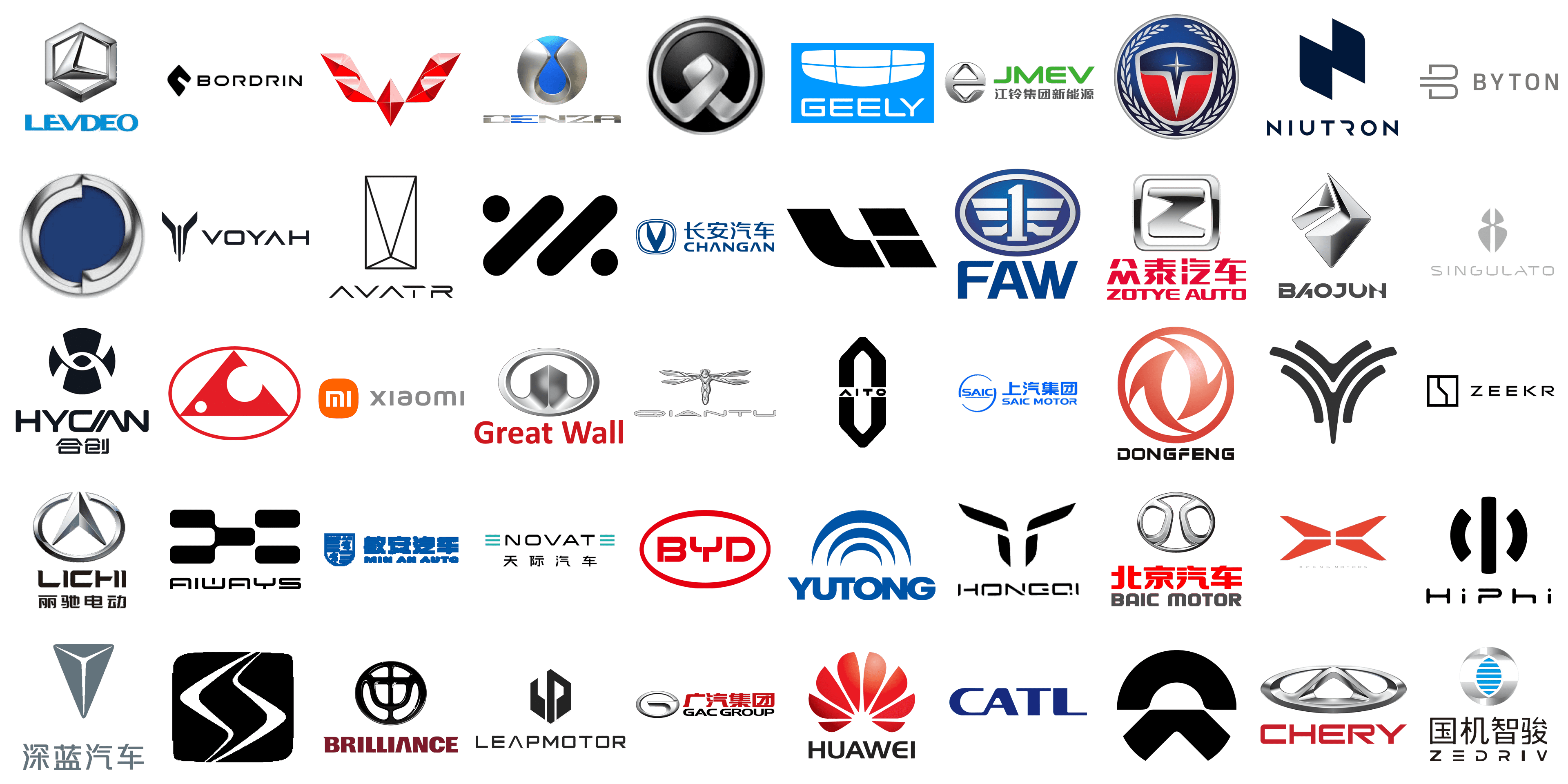
Table of Contents
The Rise of Domestic Chinese Luxury Car Brands
The Chinese automotive industry is experiencing a remarkable transformation, with homegrown brands rapidly gaining ground in the luxury segment. Companies like Hongqi, with its revival as a premium brand, and BYD's burgeoning higher-end offerings, are challenging established players with competitive pricing and technologically advanced vehicles. This surge in domestic competition is reshaping the landscape of luxury car brands in China.
- Successful Chinese Luxury Car Models: Hongqi H9 and several BYD models are making significant inroads, demonstrating strong market penetration through attractive designs and features.
- Marketing Strategies: These domestic brands are adept at utilizing digital marketing, social media, and influencer campaigns to reach younger, tech-savvy Chinese consumers, a demographic often overlooked by some international brands.
- Competitive Advantage: By offering comparable features at more competitive prices than established international brands, Chinese luxury automakers are attracting price-sensitive buyers while still delivering high-quality products.
Understanding the Unique Preferences of Chinese Consumers
Chinese luxury car buyers have distinct preferences compared to their Western counterparts. Factors such as brand image, social status, and technological features play a much more significant role in purchase decisions. Understanding these nuances is critical for success in the Chinese luxury car market.
- Social Media & Influencer Marketing: Social media platforms like WeChat and Weibo are paramount for reaching potential customers. Influencer marketing campaigns featuring key opinion leaders (KOLs) are highly effective.
- Personalized Customer Service: Providing exceptional personalized customer service and robust after-sales support is crucial for building brand loyalty and trust.
- Government Influence: Government policies, including tax incentives and environmental regulations, significantly impact consumer choices and market trends within the luxury car segment.
Navigating the Complex Regulatory Landscape in China
The Chinese regulatory environment presents significant challenges for international luxury car brands in China. Import tariffs, stringent environmental regulations, and local content requirements add layers of complexity to market entry and operation.
- Emissions Standards & Fuel Efficiency: Meeting China's increasingly stringent emissions standards and fuel efficiency requirements necessitates significant investment in research and development of environmentally friendly vehicles, particularly electric vehicles (EVs).
- Import & Distribution Challenges: Navigating the bureaucratic processes for importing and distributing vehicles within China requires strong local partnerships and expertise.
- Government Relations: Building and maintaining strong relationships with government officials and regulatory bodies is crucial for navigating the complex legal and regulatory landscape.
The Impact of Technological Disruption
Technological disruption is rapidly transforming the automotive industry, particularly concerning electric vehicles (EVs) and autonomous driving technologies. This technological shift presents both opportunities and challenges for luxury car brands in China.
- R&D Investment: Significant investments in research and development are necessary to stay competitive in the race for technological leadership in the EV and autonomous driving sectors.
- Technological Integration: Seamlessly integrating new technologies into existing models and production lines presents a considerable engineering challenge.
- EV Infrastructure: The development of a robust charging infrastructure across China is critical for the widespread adoption of electric luxury vehicles.
Strategies for Success in the Chinese Luxury Car Market
For international brands to thrive in the competitive Chinese market, a strategic approach is essential. This includes localization, cultural sensitivity, and forging strategic partnerships.
- Localized Marketing: Marketing and advertising campaigns need to resonate with the cultural values and preferences of Chinese consumers. This requires a deep understanding of local customs and trends.
- Digital Marketing & E-commerce: Effectively leveraging digital marketing channels and e-commerce platforms is crucial for reaching the digitally native Chinese consumer.
- Local Partnerships: Building strong relationships with local distributors, suppliers, and talent is key to success in the Chinese market.
Conclusion: The Future of Luxury Car Brands in China
The Chinese luxury car market is characterized by intense domestic competition, unique consumer preferences, complex regulations, and rapid technological advancements. Successfully navigating this dynamic environment requires a deep understanding of the market's intricacies and a willingness to adapt. By understanding the complexities of the Chinese luxury car market and adapting accordingly, international brands can secure their position in this lucrative and ever-evolving sector. Continue your research into luxury car brands in China to gain a deeper understanding of this fascinating and crucial market.

Featured Posts
-
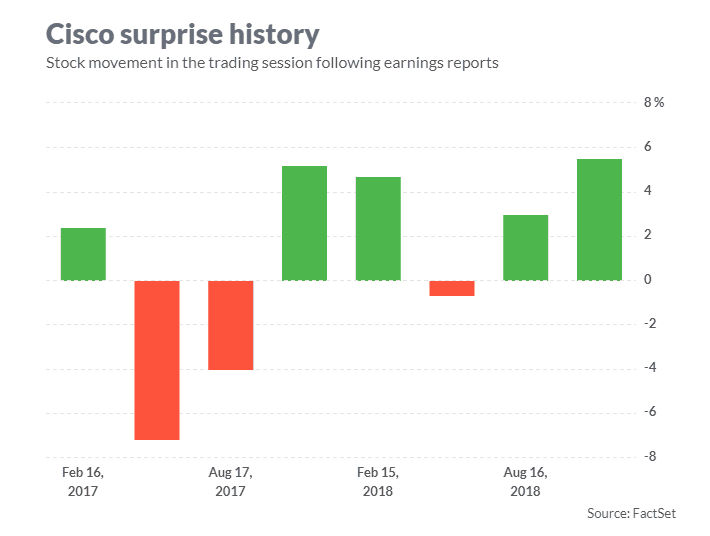 Analysis Of Colgates Cl Q Quarter Number Earnings Tariffs Weigh On Profits
Apr 26, 2025
Analysis Of Colgates Cl Q Quarter Number Earnings Tariffs Weigh On Profits
Apr 26, 2025 -
 Pentagon Chaos Exclusive Report On Leaks And Internal Disputes Featuring Pete Hegseth
Apr 26, 2025
Pentagon Chaos Exclusive Report On Leaks And Internal Disputes Featuring Pete Hegseth
Apr 26, 2025 -
 Microsoft Activision Deal Ftc Files Appeal
Apr 26, 2025
Microsoft Activision Deal Ftc Files Appeal
Apr 26, 2025 -
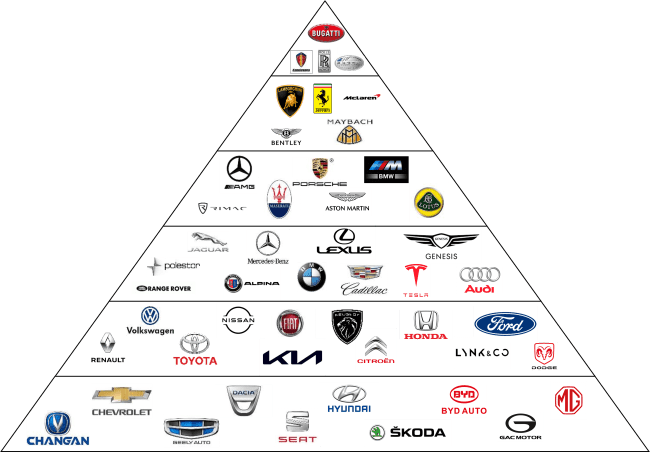 The China Factor How It Affects Luxury Car Brands Like Bmw And Porsche
Apr 26, 2025
The China Factor How It Affects Luxury Car Brands Like Bmw And Porsche
Apr 26, 2025 -
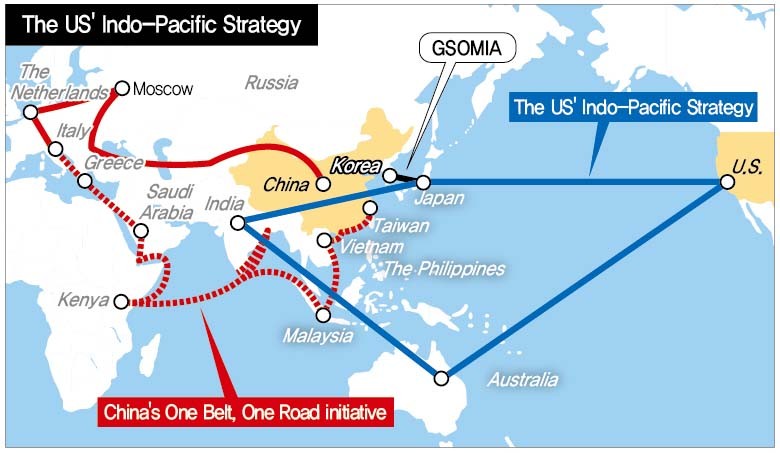 Us China Competition A Military Base In The Crosshairs
Apr 26, 2025
Us China Competition A Military Base In The Crosshairs
Apr 26, 2025
Latest Posts
-
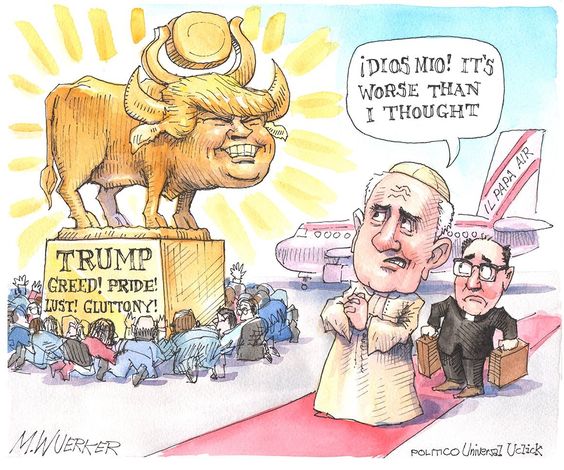 Analyzing Trumps Conduct At Pope Benedict Xvis Funeral Service
Apr 27, 2025
Analyzing Trumps Conduct At Pope Benedict Xvis Funeral Service
Apr 27, 2025 -
 Politics And Religion Collide Trumps Role At Pope Benedicts Funeral Mass
Apr 27, 2025
Politics And Religion Collide Trumps Role At Pope Benedicts Funeral Mass
Apr 27, 2025 -
 Trump At Pope Benedicts Funeral A Collision Of Politics And Ritual
Apr 27, 2025
Trump At Pope Benedicts Funeral A Collision Of Politics And Ritual
Apr 27, 2025 -
 Teslas Canadian Inventory Strategy A Response To Tariff Concerns
Apr 27, 2025
Teslas Canadian Inventory Strategy A Response To Tariff Concerns
Apr 27, 2025 -
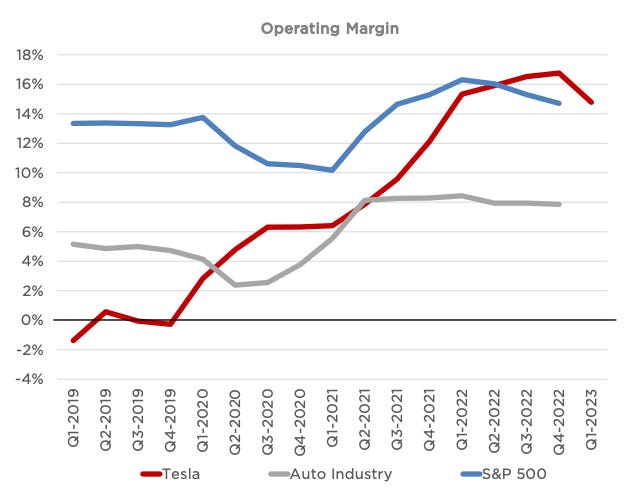 Understanding Teslas Price Adjustments In The Canadian Market
Apr 27, 2025
Understanding Teslas Price Adjustments In The Canadian Market
Apr 27, 2025
